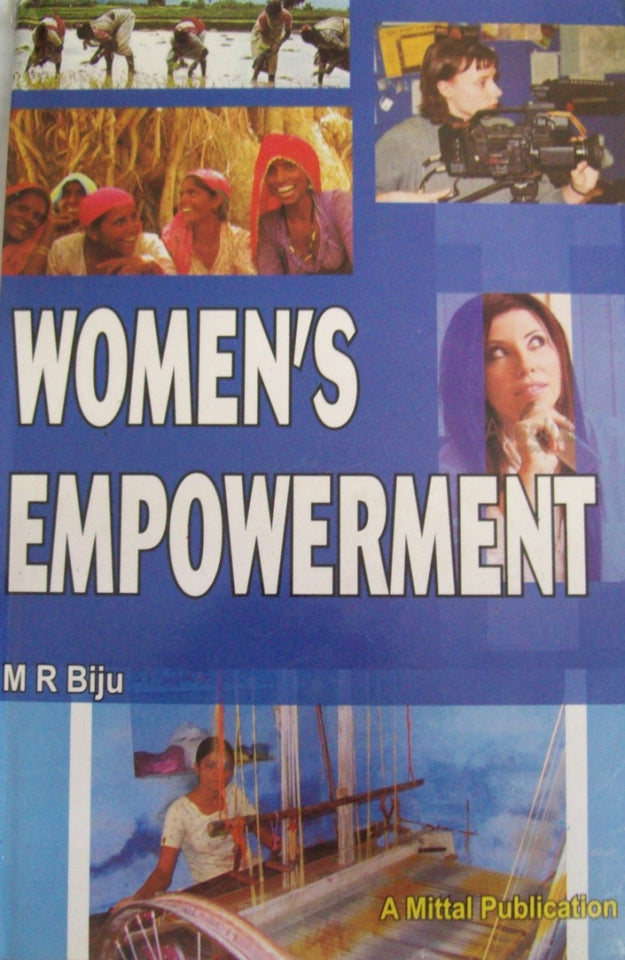Women's Empowerment
Regular price
Rs. 550.00
The Universal Declaration of Human Rights states that everyone has the right to take part in the government of his/her country. The United Nations Economic and Social Council endorsed a target of 30 per cent women at all levels of decision-making by 1995. Inspite of this, globally women constitute only ten per cent of legislative bodies and less in parliamentary positions. In India, the post-independence period has seen many positive steps to improve the socio-economic status of women. Women themselves have become keenly aware of their rights and are spearheading movements across the country against all sorts of social evils. This consciousness is largely due to an increase in women's literacy although they have miles and miles to go. The most significant landmark in the journey is the historic 73rd and 74th Constitution Amendment Acts, 1992, by the Centre and its ratification by the states. These Constitution Amendment Acts reserved one-third seats for women in the Panchayati Raj and Municipal bodies. Against this background, this collection of sixteen articles contributed by renowned academicians and experienced administrators embodies critical analysis of various aspects of Women's empowerment both in practical and theoretical terms and makes valuable suggestions for uplifting their socio-political-economic conditions. The volume contains in-depth and illuminating discussions on wide ranging issues and areas of women's empowerment viz., politics of women' reservation in India, success stories on manipulative mechanisms, women's reservation bill, women and grassroots politics, women in panchayati Raj institutions, political empowerment through capacity building, political participation of women in SAARC region, gender issues of tribal women, socio-economic life of tribal women, empowerment of women and law, rural credit and empowermant of women under self-help groups, Islam and sexual equality, gender learning perspectives of computer related attitudes, empowering women by safeguarding their human rights based on international standards and Indian law, women in grassroots participatory governance, role of women in the decentralized governance of educational sector and the role of IT for women's empowerment.
Guaranteed Safe Checkout





